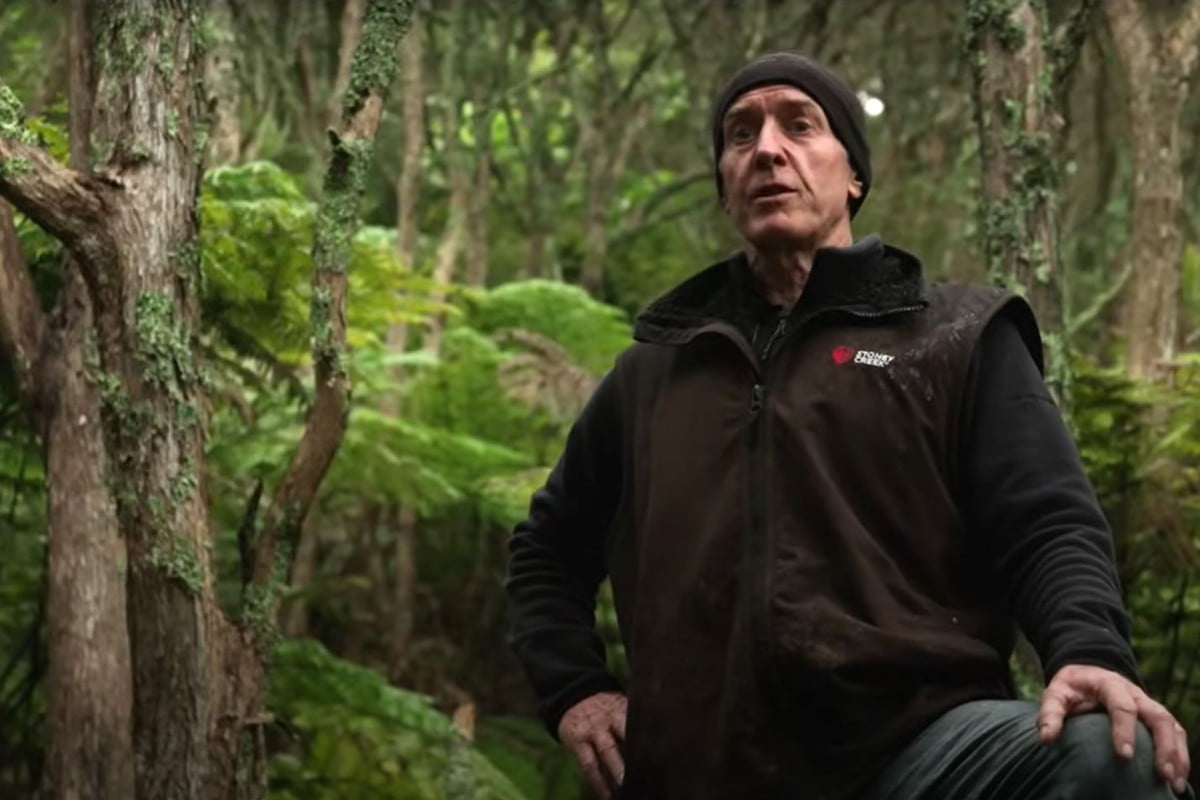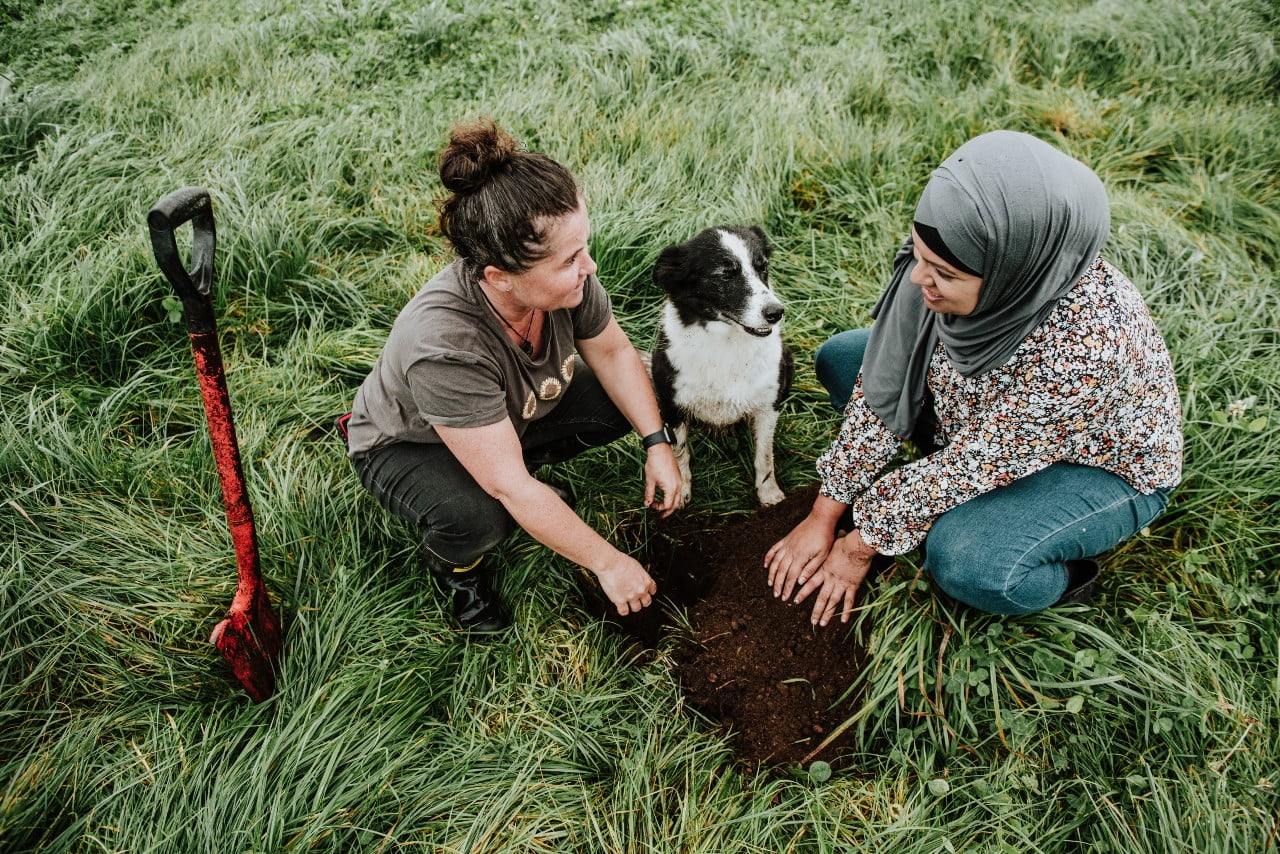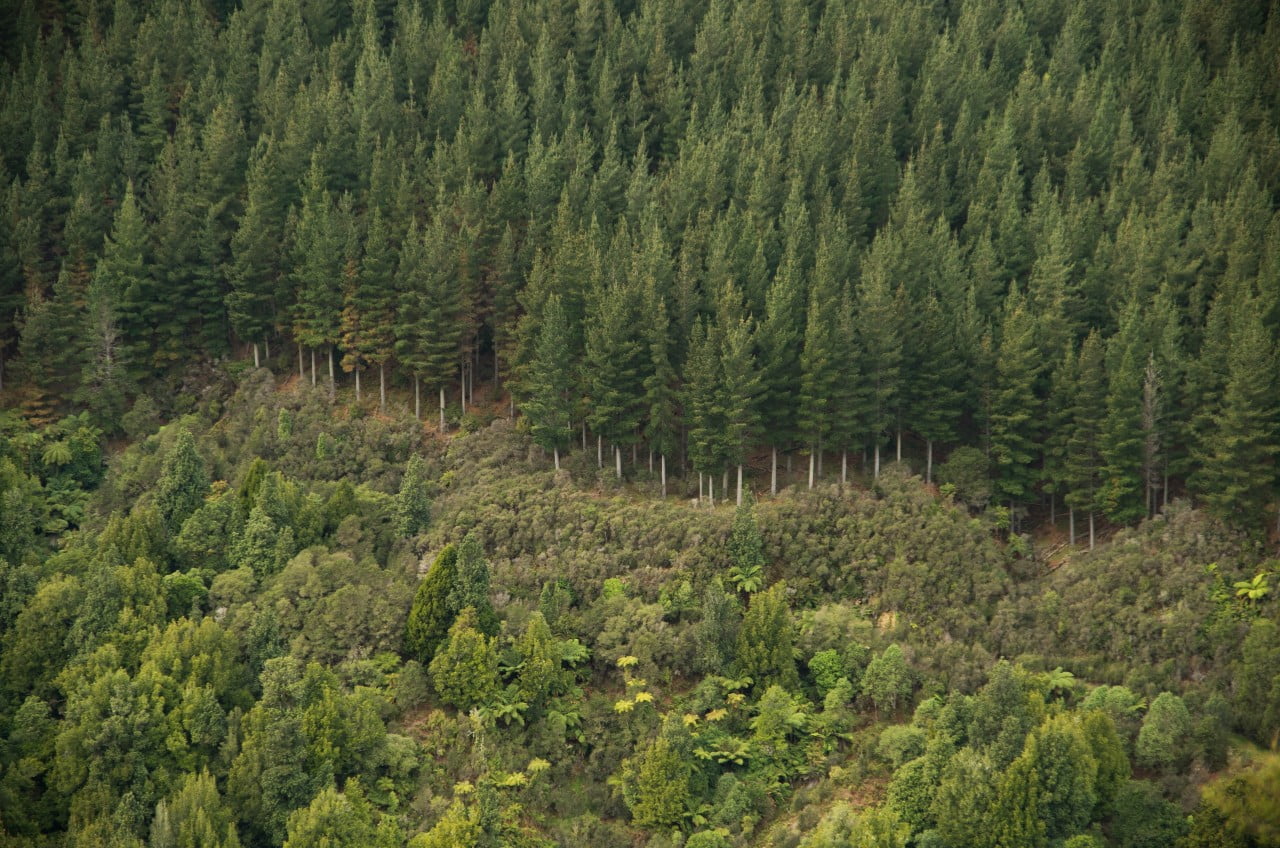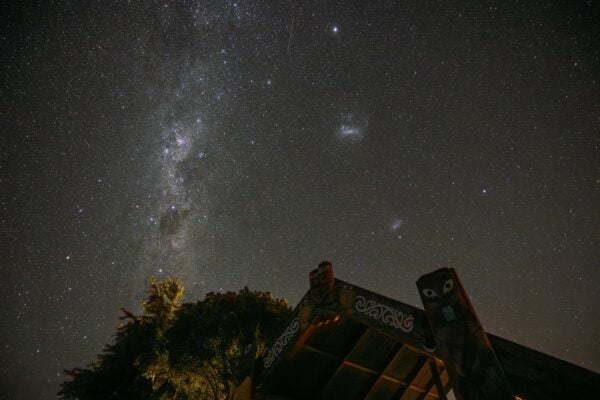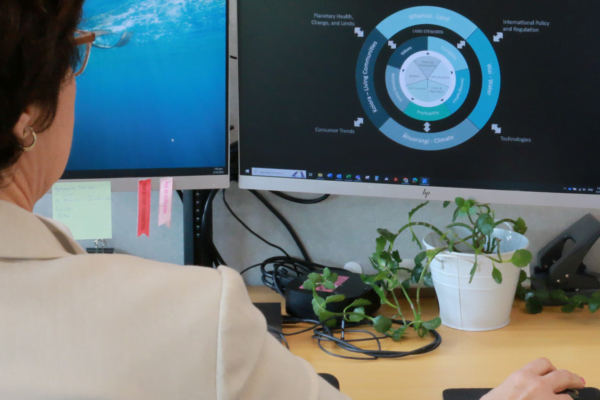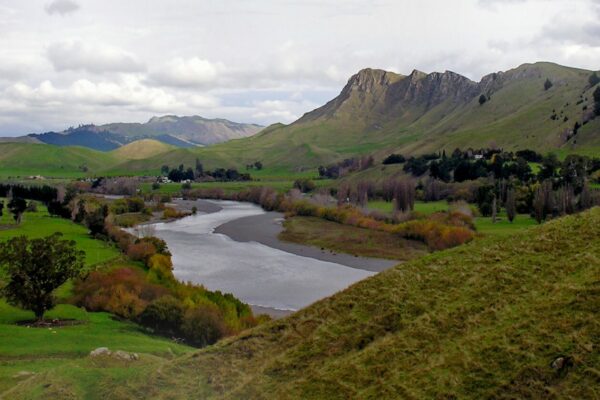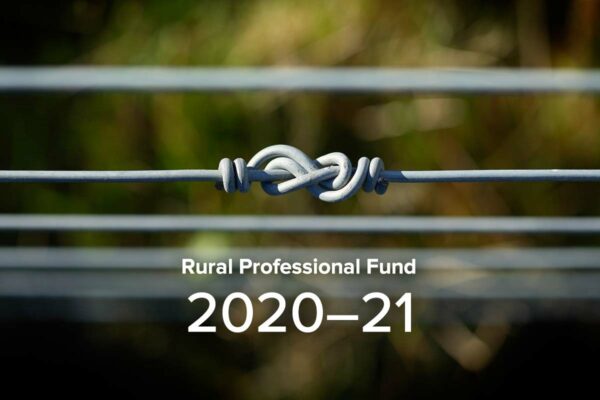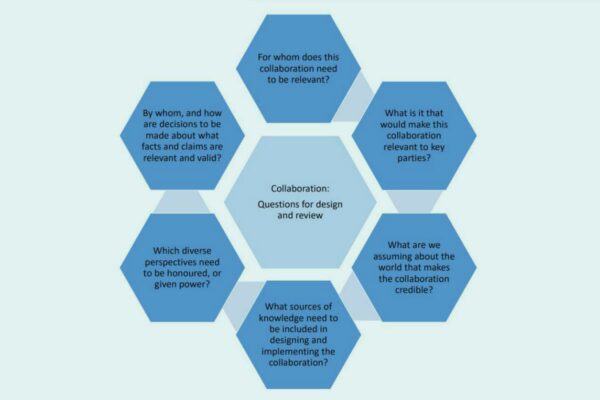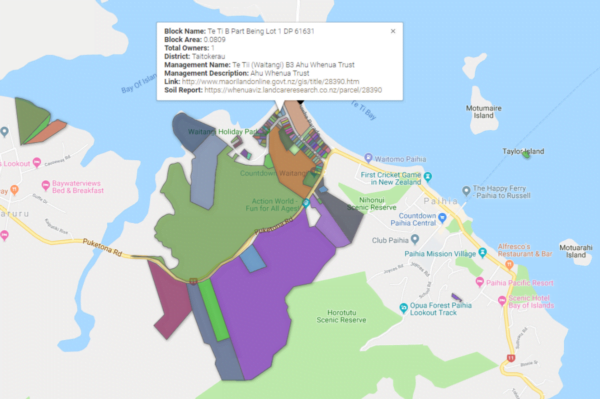Storying Kaitiakitanga
Ngā Tū Āhuatanga o te Kaitiakitana
Sharing kaitiakitanga values and practices in the Māori agricultural sector to enhance productivity and identify new niche markets
Project Details Ngā taipitopito
Collaborators Ngā haumi
Manaaki Whenua Landcare Research | Rōopū Tikanga Rangahau | Tiaho | Victoria University Of Wellington
What are we doing?E aha ana mātou?
He kai aku ringa. (There is food at the end of my hands.)
Kaitiakitanga values of guardianship and responsibility make an important contribution to Aotearoa New Zealand’s agriculture and food sector. Applying these values more widely could help ensure future generations benefit culturally and ecologically from whenua (land) and awa (water) resources underpinning agriculture and food production.
This research project raised the profile of existing and emerging Māori food production practices that contribute to a kaupapa Māori food story. Case studies show how food production can be done differently and encourage innovation.
In a highly competitive global market, communicating and employing kaitiakitanga values and practices could enhance productivity and help identify new markets for Aotearoa New Zealand food, while meeting economic, environmental and cultural objectives.
Naku te rourou nau te rourou ka ora ai te iwi. (With your basket and my basket the people will live.)
How can the research be used? Ka pēhea e whai take ai te rangahau?
- Interviews with Māori agribusiness and food producers – including marae-based initiatives, small-to-medium business entities and Māori-led corporations – were distilled into reader-friendly stories that show the diverse practices and distinctive tangata whenua (people of the land) and awa relationships that exist in the Māori agribusiness and horticulture sectors. See summary sheets, below.
- This research identified 8 common values practiced by Māori food producers: kaitiakitanga, manaakitanga, mauri, wairua, moemoeā, whanaungatanga, tūranga and rangatiratanga (click links for English translation).
- Māori agrifood sector practices are informed by deep understanding of the interconnections and interdependencies between land, food, people and waterways. This research shows that these practices occur within diverse Māori economies at whānau, hapū, iwi and national levels, and result in a holistic, systems-based approach to farming and food that can create an ‘upward spiral’ of connected outcomes, such as oranga (well being), tatai hononga (building social capital), tiaki taiao (maintaining and enhancing natural capital), and ōhanga (growing prosperity, economic capital).
- Understanding and incorporating holistic Māori approaches into a national approach to farming, food and hospitality could improve land, water and food systems across Aotearoa, New Zealand.
- This research highlights Māori understandings of food as part of a cycle of reciprocity (tau utu utu) that must always benefit land, water and people.
- Adopting the ethics of kaitiakitanga more widely could drive transformations in land and water. Education about the concept of kaitiakitanga should always highlight the mutual obligations of guardianship and the physical, emotional and spiritual connectedness to place.
 View Our Strategy Document 2019 – 2024
View Our Strategy Document 2019 – 2024



